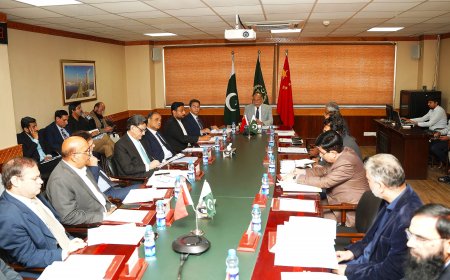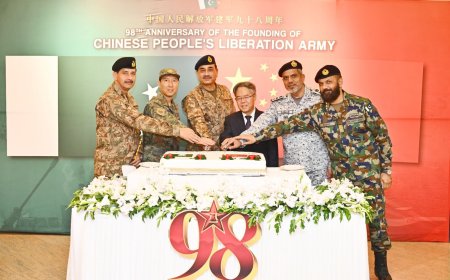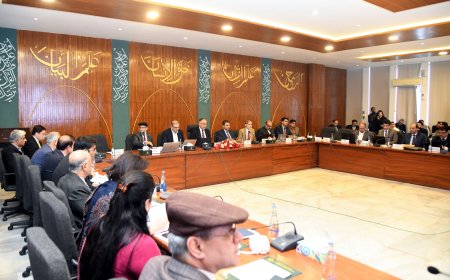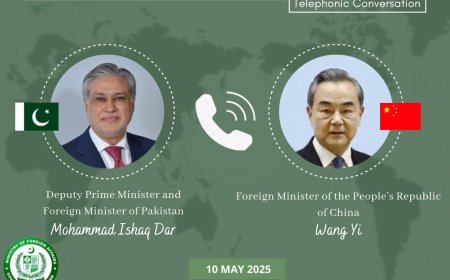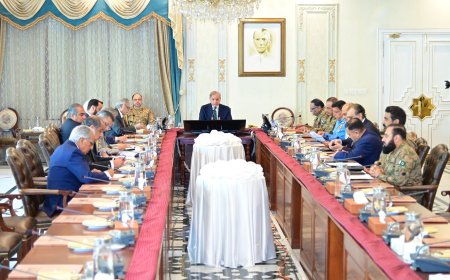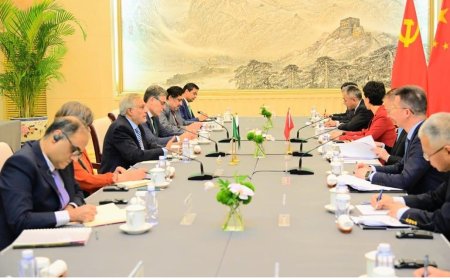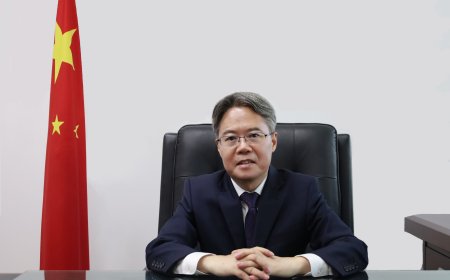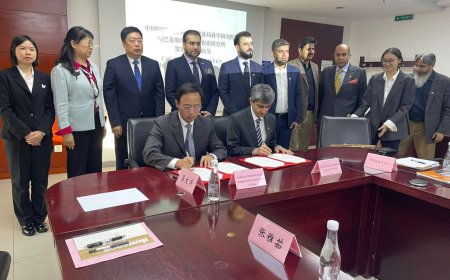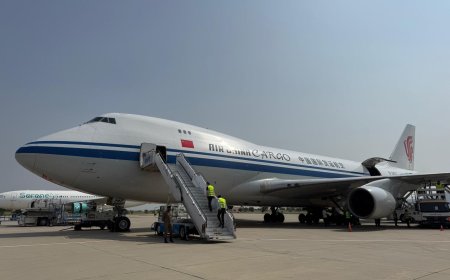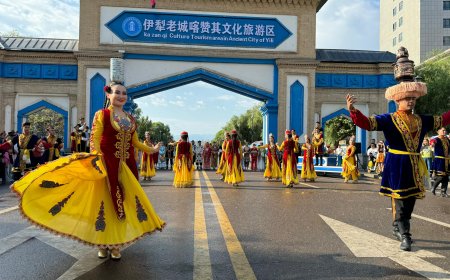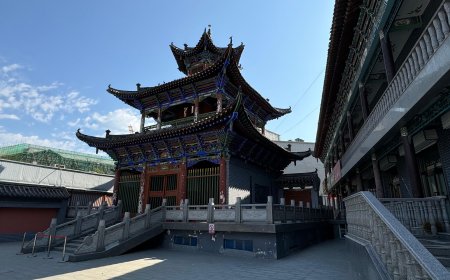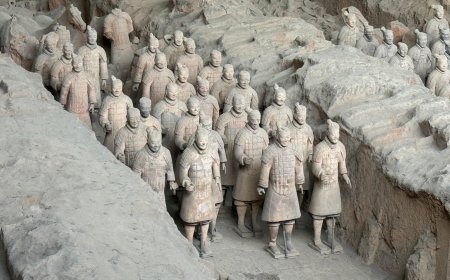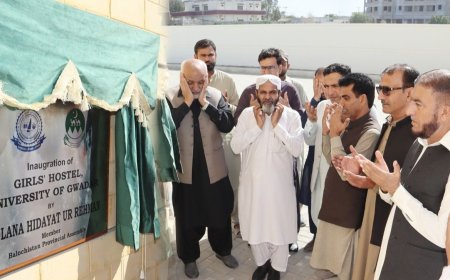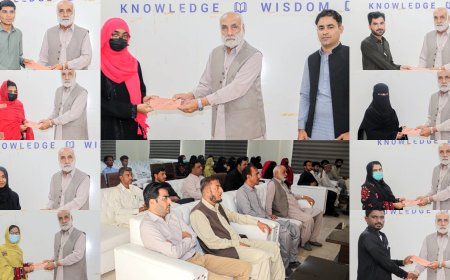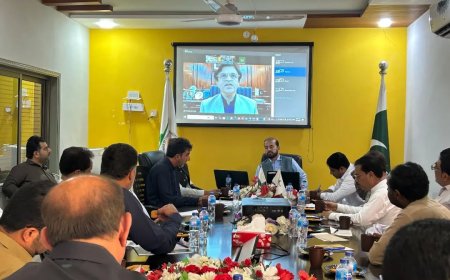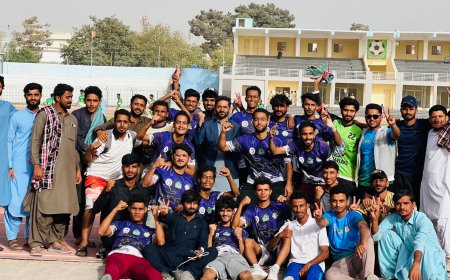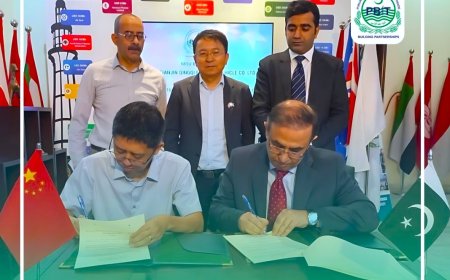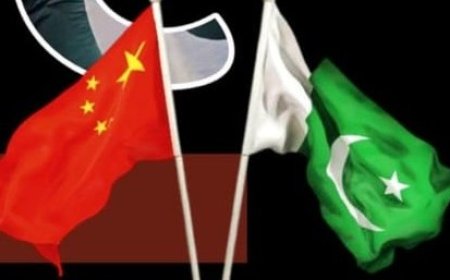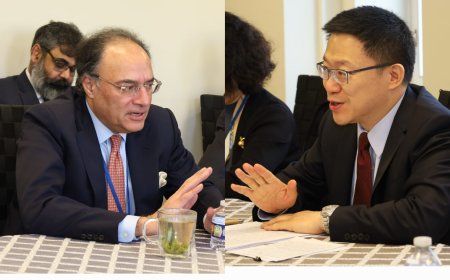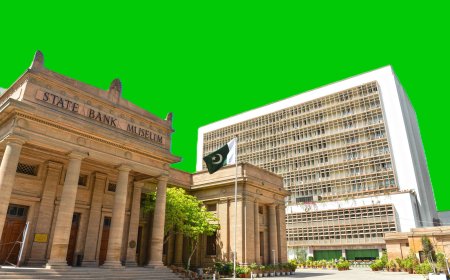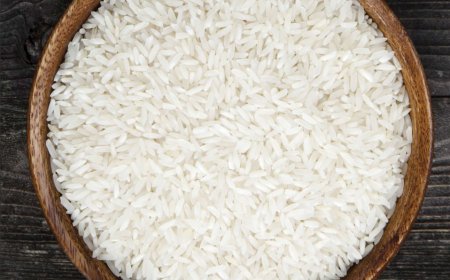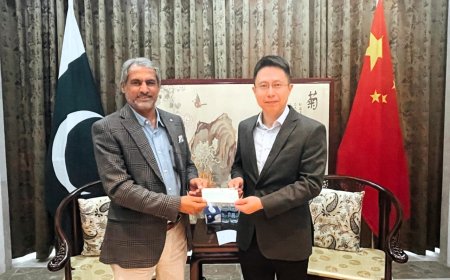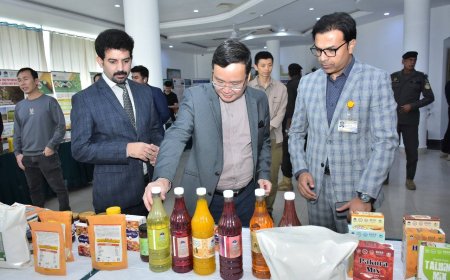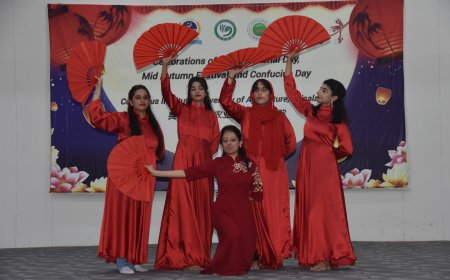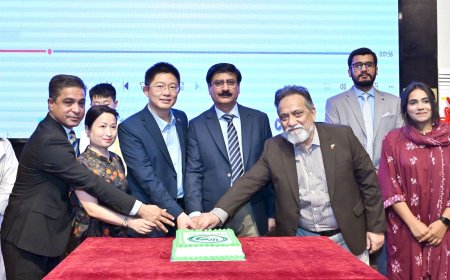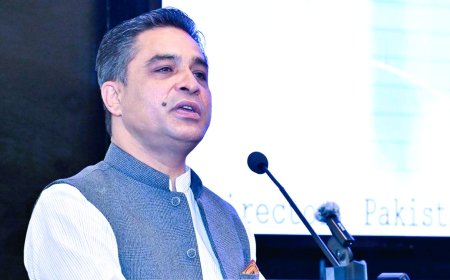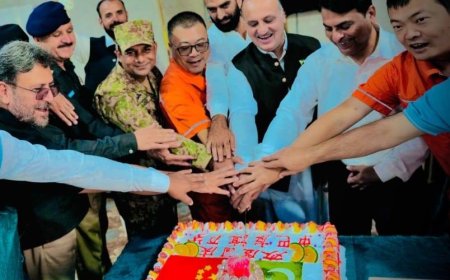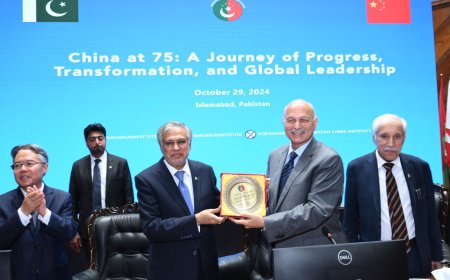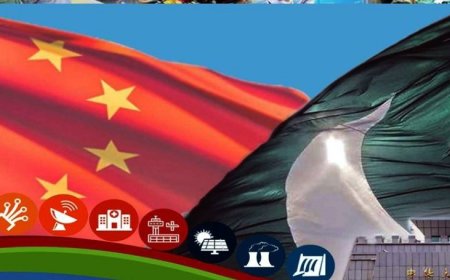SCO Leaders Push for Economic Integration and Trade Cooperation at Islamabad Summit
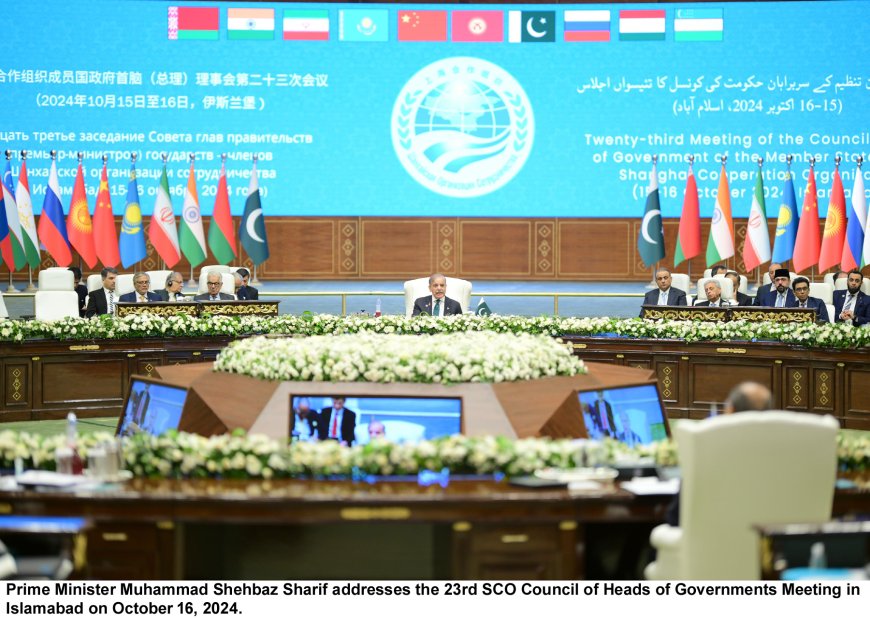
CT Report
ISLAMABAD: The Shanghai Cooperation Organization's (SCO) 23rd meeting of the Council of Heads of Government concluded on Wednesday in Islamabad, where leaders from member states pledged to promote regional economic integration and foster a multilateral trading system.
Chaired by Pakistan's Prime Minister Muhammad Shehbaz Sharif, the two-day summit brought together officials from Belarus, China, India, Iran, Kazakhstan, Kyrgyzstan, Russia, Tajikistan, and Uzbekistan. Observers from Mongolia and Turkmenistan also attended, along with the SCO Secretary-General and other senior representatives.
Delegates also advocated for countering protectionist trade policies that conflict with World Trade Organization (WTO) rules. They called for continued efforts to strengthen a rules-based, open, and transparent multilateral trading system.
The summit saw eight member states reaffirming support for China's "One Belt, One Road" (OBOR) initiative, with potential links to the Eurasian Economic Union also on the table. Additionally, the leaders discussed creating a Greater Eurasian Partnership involving the SCO, the Eurasian Economic Union, the Association of Southeast Asian Nations (ASEAN), and other interested partners.
The organization also reaffirmed its dedication to the SCO Economic Development Strategy through 2030, focusing on coordinated efforts to achieve its economic and trade goals.
In the cultural sphere, the heads of government praised SCO initiatives such as designating Almaty as the cultural capital for 2023-2024 and announced that Qingdao would take up the role for 2024-2025 to boost tourism and cultural exchange.
Leaders also highlighted educational cooperation, noting achievements from the April 2024 meeting of SCO education ministers, which focused on academic collaboration, vocational training, and digitalization efforts. People-to-people diplomacy was emphasized as a key tool for fostering cultural ties, with recognition of various SCO cultural and friendship centers' contributions.
The summit concluded with the approval of the SCO Secretariat’s report on trade and economic cooperation and the 2025 budget. The leaders also addressed organizational matters related to Belarus' accession as a full SCO member.
Sharif thanked the delegates for their participation, describing the summit as constructive and amicable. The next SCO Council of Heads of Government meeting will be held in 2025 in Russia.
What's Your Reaction?







